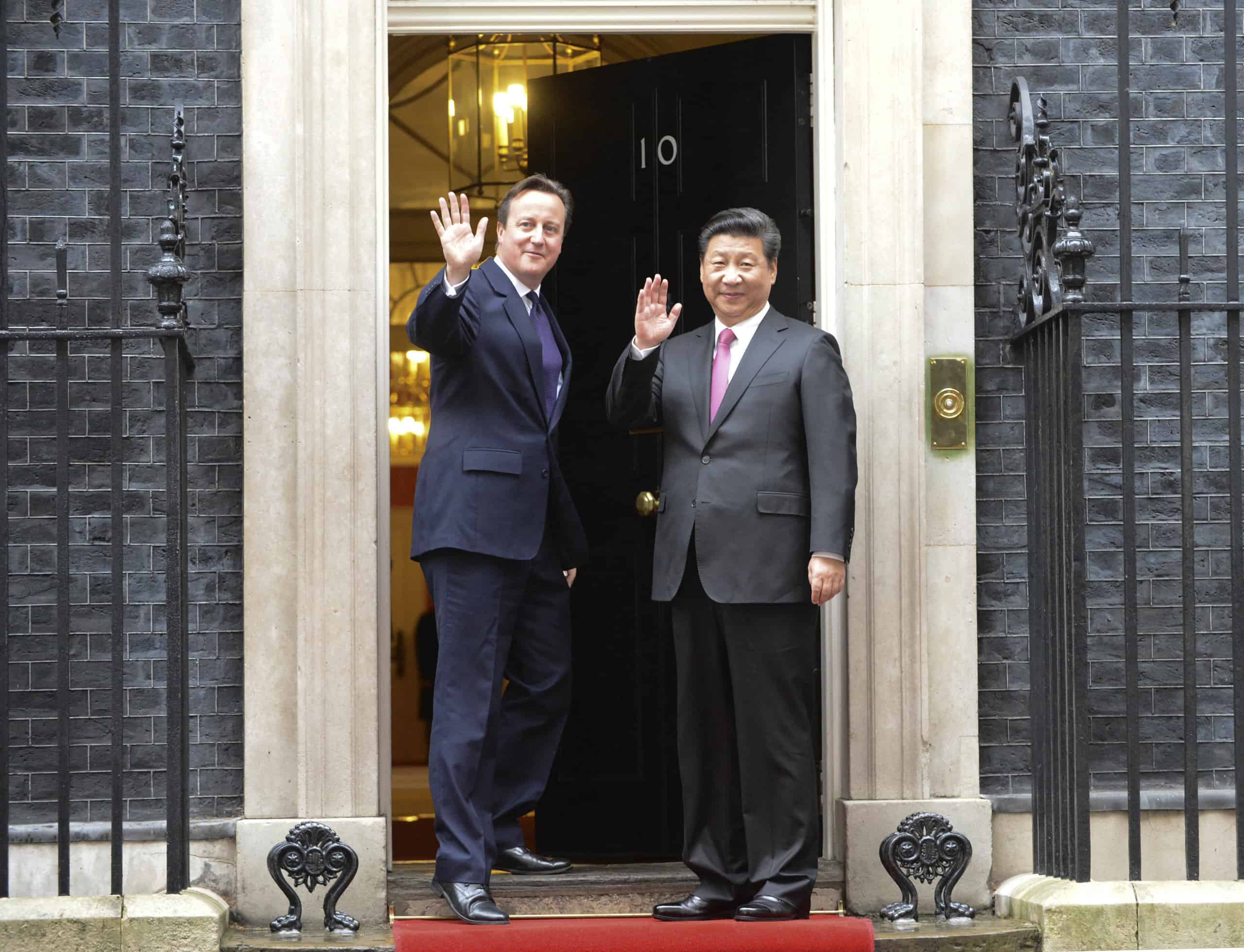Bob Fu's relationship with China has gone through phases. First, he thought money would solve his problems there; then he joined protesters at Tiananmen Square, thinking the politics could change. In the end, he determined, only God could save China, and he's been fighting for religious freedom in China ever since he resettled in Texas. With his nonprofit, ChinaAid, prospering like never before, he says the U.S. is finally catching on.


